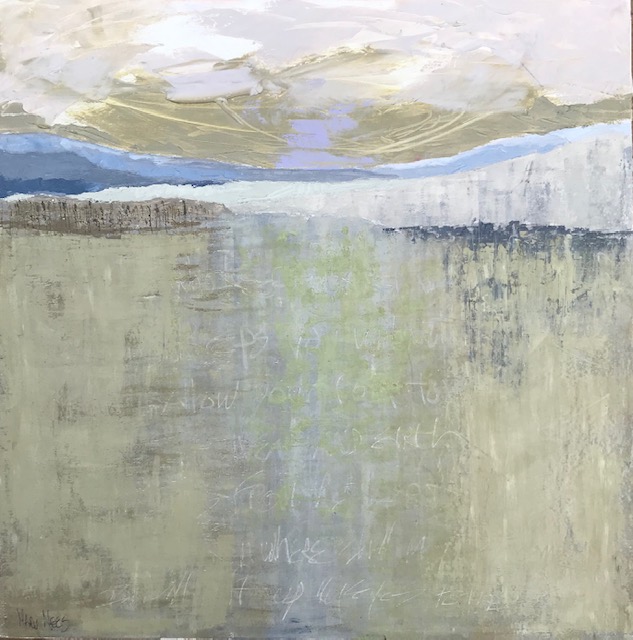In this series of 15 songs, called the “Psalms of Ascent” or the “Songs of Degrees” there is an evident pattern. Each set of three in the whole progression of 15 repeats a simple tempo, like three beats to a measure in a walking rhythm. And this, even as the circumstances described get increasingly more complex with each developing set of threes. It is in this rhythm, repeated 5x that the way is hinted for making it through the journey.
Here is that rhythm: The first in each triad is a cry of distress. The 2nd is what I have named a pivot. It’s a hinge, or a turning point evidenced from the difficulty just referenced which then pivots to a decided reliance on God. Then the 3rd in each set is an experience of resolution voiced by the traveler.
Simply put: 1. Distress 2. Reliance 3. Resolution.
As we move through all 5 sets you will see this repeated. And just so it is not missed, note the first verse of the first Psalm in this whole series: 120:1 starts out with the summary this way:
“In my distress I cried unto the Lord, and he heard me.” (emphasis added) Distress, Reliance, Resolution.
This is not a formula, nor a religious mantra. (How easily we either cheapen or conversely complicate important things!) This is just the simple way through. It is not an empty promise, but owning this is not easy, nor is it automatic; for a heartfelt connection is required in the hinge Psalm. This pivot takes some humility. The progression typified in each triad is the personal experience of any authentic God-follower, over and over again. No matter the time period, the culture or the distressing particulars. The pattern has to be walked through. This is, in fact, how anyone gets real with God.

Notice how this pivot is displayed in the example given us from Psalm 120 to Psalm 121. In the first articulation of distress, God is mentioned but the focus is on the problem. This is typical for each of us in distress. But at the pivot is where the spiritual engagement happens. Without this turning, things stay the same, or worse. However, with a legitimate connection to Creator, “the LORD” is named here, “Who made heaven and earth”, there is dynamic change.
Notice the words that follow for the one who is expressing this. The focus has shifted beyond the distress, even above all the religious distractions. (“the hills”, in the history of ancient Israel, were the places where all kinds of aberrant rites and idolatry were practiced)
The Psalmist here is making it clear where his confidence is being placed by pivoting. He’s making that contrast, and he’s voicing where he will look instead of whatever else is around him. His hope is now in Another, the One Other. And, he even exults in expectation of longevity. This is the first pivot.
A song of ascents.
121 I look up toward the hills.
From where does my help come?
2 My help comes from the Lord,
the Creator of heaven and earth.
3 May he not allow your foot to slip.
May your Protector not sleep.
4 Look! Israel’s Protector
does not sleep or slumber.
5 The Lord is your protector;
the Lord is the shade at your right hand.
6 The sun will not harm you by day,
or the moon by night.
7 The Lord will protect you from all harm;
he will protect your life.
8 The Lord will protect you in all you do,
now and forevermore.